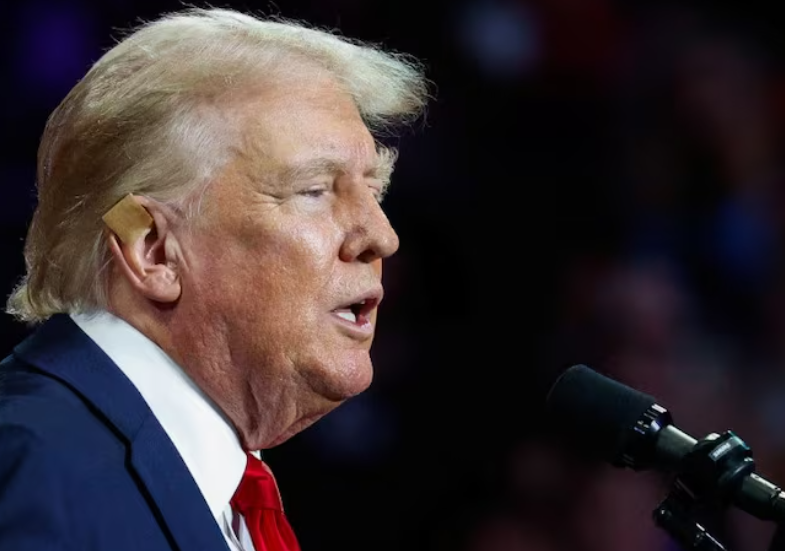Attorneys general from 22 states, including Massachusetts, Illinois, and New York, filed a federal lawsuit on Tuesday challenging President Donald Trump’s executive order to end birthright citizenship.
The executive order, announced amid growing immigration debates, seeks to halt the long-standing constitutional guarantee of citizenship for children born on U.S. soil, regardless of their parents’ immigration status.
At the heart of the legal battle is the Fourteenth Amendment to the U.S. Constitution, which states, “All persons born or naturalized in the United States… are citizens of the United States.”
This principle, known as “jus soli” or the “right of the soil,” has been upheld since the landmark 1898 Supreme Court case United States v. Wong Kim Ark. The ruling confirmed that all individuals born within U.S. borders, including children of non-citizens, are granted automatic citizenship.

Trump’s executive order challenges this interpretation, arguing that the amendment’s original intent was not to extend citizenship to the children of unauthorized immigrants. His administration claims the measure aligns with his promise to execute the “largest domestic deportation operation in American history.”
However, the coalition of attorneys general strongly opposes the executive order, asserting it undermines constitutional principles and risks creating a generation of stateless individuals.
“This is a direct attack on the Fourteenth Amendment and the very values that define American democracy,” said one of the AGs leading the lawsuit.
The lawsuit also cites concerns about global implications. Many countries, including Canada and India, adopt variations of jus soli and jus sanguinis (citizenship by blood) principles. Critics argue that altering the U.S.’s long-standing jus soli framework could further isolate the nation from its international peers.
Omar Jadwat, director of the ACLU’s Immigrants’ Rights Project, called the executive order “a blatant and unconstitutional attempt to divide Americans and fan anti-immigrant sentiment ahead of the midterms.”
The ACLU, alongside other civil rights organizations, filed their own legal challenge late Monday, denouncing the policy as an affront to American values and a legally dubious maneuver.
If implemented, Trump’s executive order, slated to take effect on February 19, could face significant hurdles in federal courts.
Legal experts predict the case will ultimately reach the U.S. Supreme Court, where the constitutional interpretation of the Fourteenth Amendment will take center stage.

